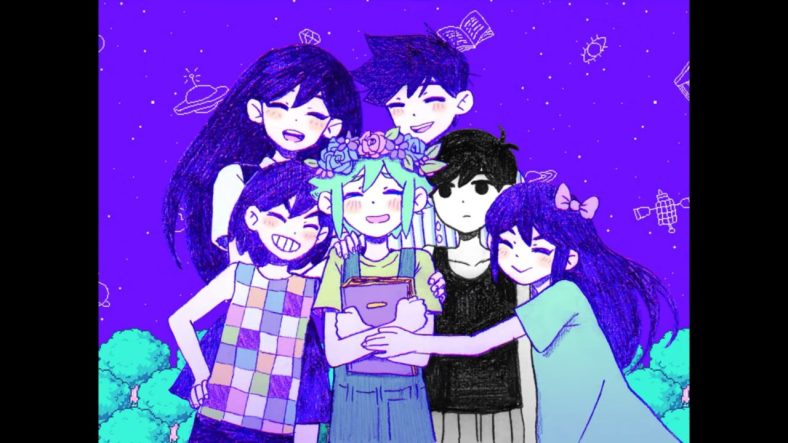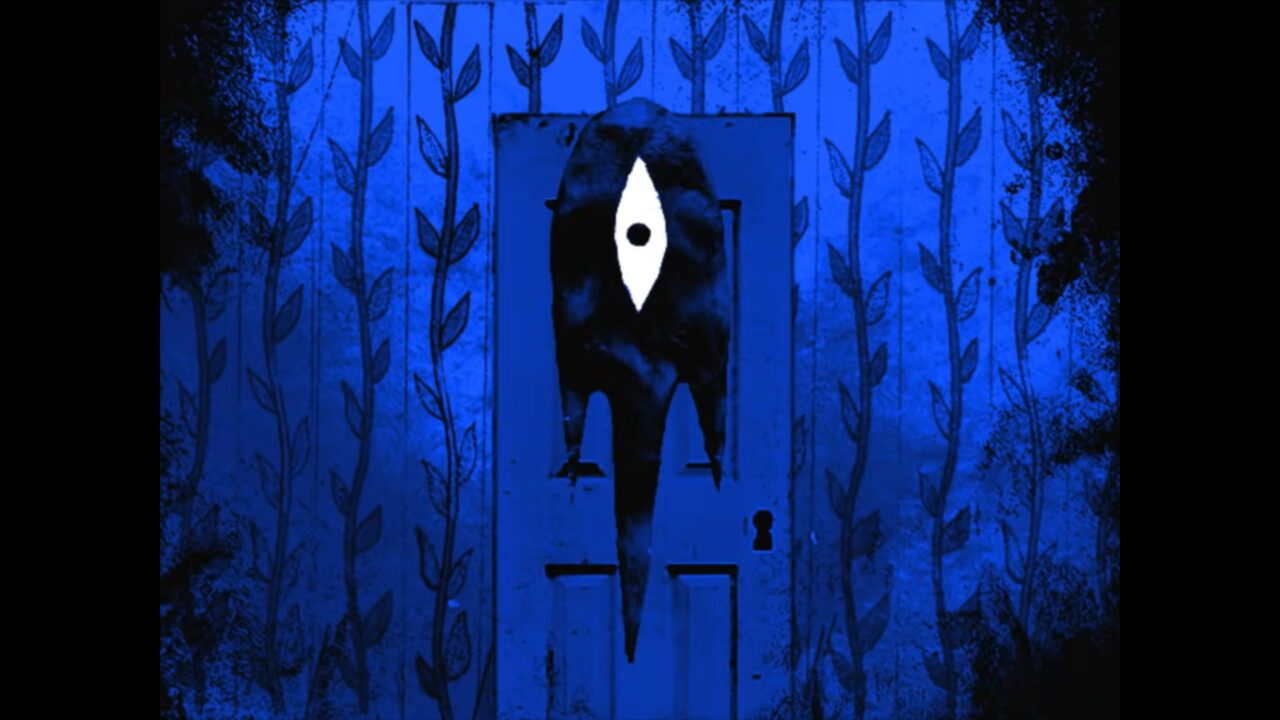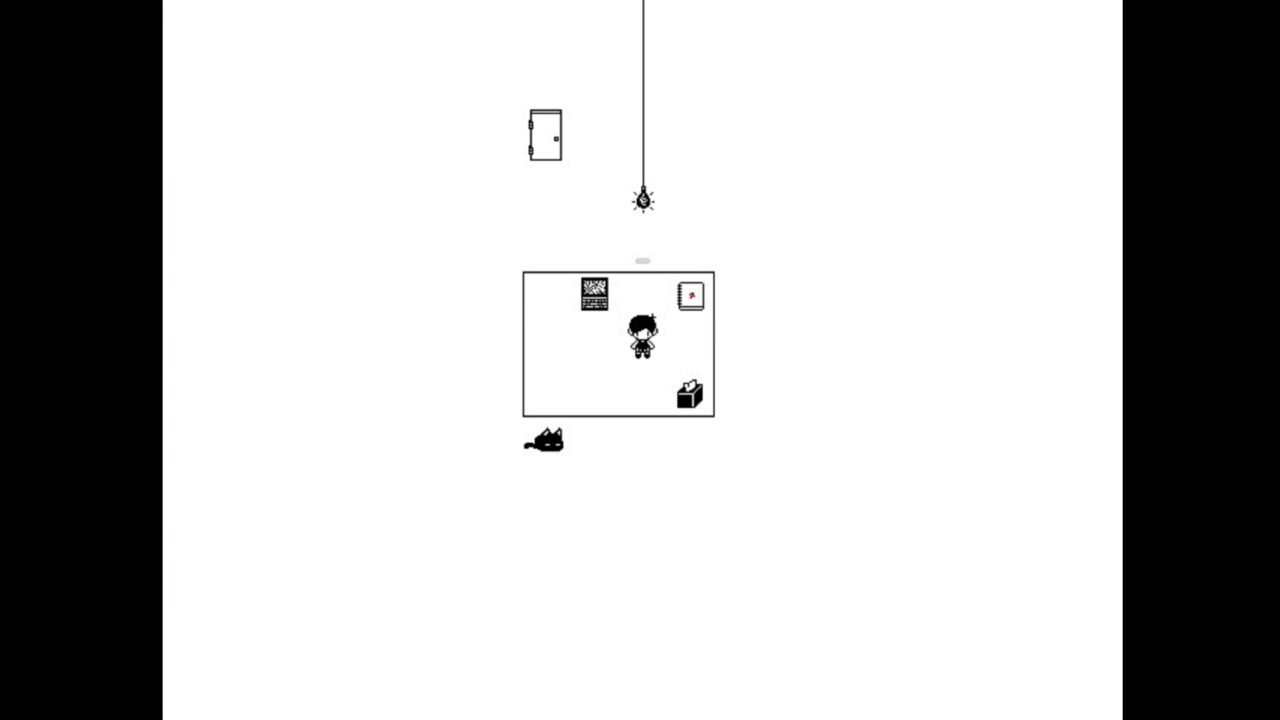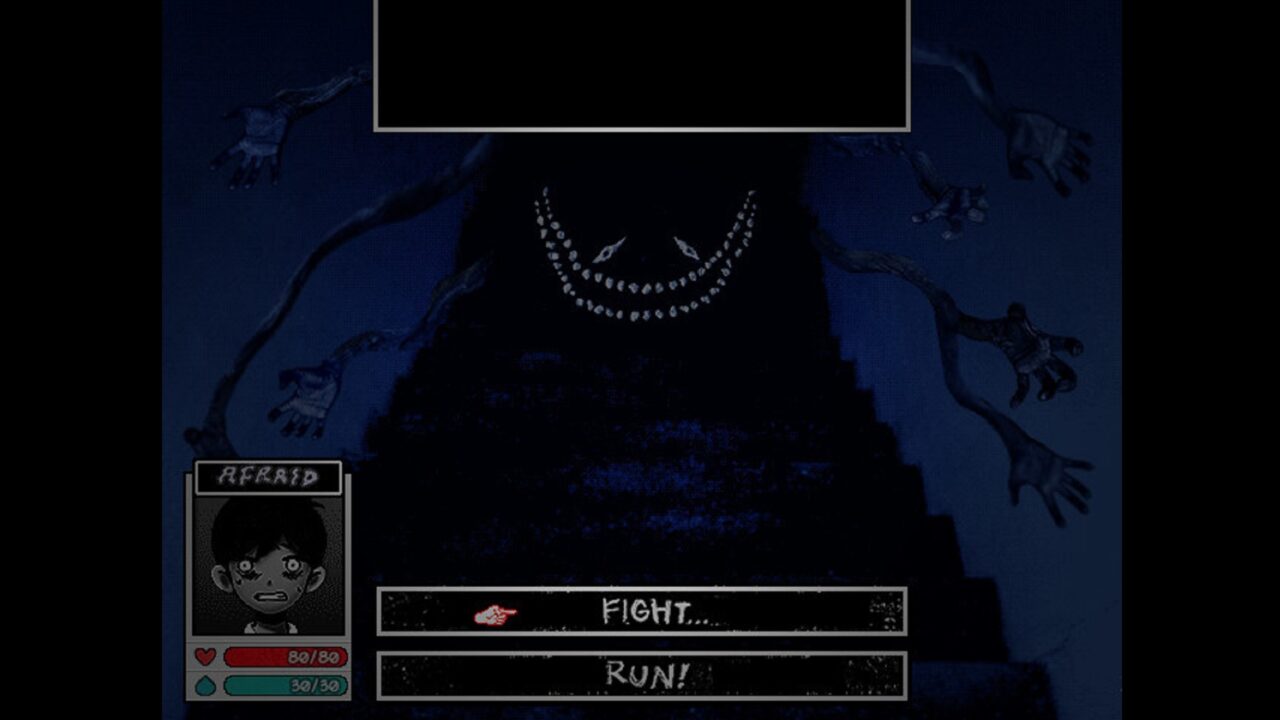Omori – The Most Frightening Horror is the Most Human

Omori is a game of heartwarming heights and utterly crushing, depressing lows. An RPG that follows the journey of a group of childhood friends across a charming past and unsettling present, it tells a story that, if I’m being honest, is very difficult to think back on. Not because of horrifying visions or some sort of disturbing power that thrums behind the game’s events, either. It’s the terrifyingly human reason behind the whole game that chills me so much, making it difficult to sleep. It’s that, while sickening and terrible, these events could happen to anyone.
I’ll do the best I can to not spoil the events of the game (which you should totally grab and maybe play, first, before reading this). That said, the impetus for the game’s events is all-too-human. It’s an unfortunate, terrible event, but there’s no special power behind it. No cosmic energy driving people out of their minds. No force from beyond snatching away lives. It all stems from something that could happen to just about anyone on the planet. The events are, admittedly, a little extreme, but nothing outside of the realm of reality. A simple, if terrible, accident.
Omori touches on these “normal” events in some stylized ways. The presentation gives the game a sense of the supernatural with its visual interpretations of emotions and events. I mean, you kind of head off into a playful fantasy world with your friends for a lot of the game. For another portion, you spend it all alone in an eerie space filled with unsettling drawings. You can tell that something is wrong here, but it’s strangely shaped by your own fantasies and fears. It makes for striking presentation of what’s happening. Also provides a little distance so you can examine what you think it all means.

In examining it, I felt like I wanted the apparitions and disturbing events to be literal. I wanted to feel that there was some outside force driving all of the darkness I was dwelling in. When the sinister forces are outside of you, they feel escapable. Maybe even something you can overcome. It feels a whole lot more calming at night to think that the forces of darkness exist outside of myself, and that with some effort, they can be beaten. Or at least banished for a while.
Many of these horrifying beings also don’t exist in reality. Or perhaps I am in a position to deny they exist. Either way, I can shove these stories and games aside when they’re done. I’ve beaten the big zombie or overcome the nasty ghost, and I can go back to my dull old house. None of it was real. None of it COULD be real. It’s the truly memorable horror games that, even while they have you facing down impossible monsters, remind you that it’s the humans behind them that are the real thing to fear. Silent Hill 2 did it. Fatal Frame did it. And Omori also does it.
Other games make it a bit easier to cope using emotional distance, though. The events of some horror games are kicked off by evil men motivated by greed. Some act the way they do due to their religious beliefs. Some are simply in a mindset that compels them to facilitate awful things. I find I can keep those ideas at a distance. I’m not so sinister that I’d kick off a zombie apocalypse. I might be a bit of a jerk sometimes, but I’m hardly that bad. So, while the events are supernatural, the reason they start isn’t too far from reality. But it’s far enough from MY reality that I can dismiss them, to an extent.

There’s the rare few horror games where it’s not so easy to discard those thoughts, though. Where the events skirt just a bit too close to a possible reality. While I’ve never been in charge of a crooked pharmaceuticals company, I’ve had loved ones get gravely ill. Had family show an unsettling connection to religion. Made a simple mistake while playing with someone. When horror touches on these ordinary moments and feelings like Omori does, it touches on a different part of the mind. A part that’s afraid that this is all entirely too possible.
All of the horror games that have really stuck with me over the years have touched on this sensation. Even if the creatures that dog you are supernatural in nature, it’s those human actions that fuel them. And even if you can put your fears of these creatures and actions to bed, the idea of causing harm to a loved one persists. The ways in which a simple accident can cost you so dearly. The thoughts that come when you wonder what you would do in a terrible situation. How you tell yourself you would be better if that happened to you. But still, seeing the events of this game laid before you, you have to wonder.
I feel it’s those kinds of questions that make these terrible connections in Omori and horror games like it. There’s a wish that you would be better than the protagonists of these games, but you doubt. Maybe just a little bit. Maybe barely at all. But when you’re trying to sleep that night, you can’t help but feel just a bit uncertain. What would you do when wracked with terror and guilt? What crimes would you hide? How selfish could you be? How much do you really care about your loved ones?

And even if you don’t doubt yourself a single bit, there’s still that realization that this could have happened to someone you know. Someone you work with. These actions, while represented in horrific, monstrous styles and with abstract visions of the events and beings, still boil down to something alarmingly possible. Strip away all of the creatures and bleak locales and you have things that can and do happen all the time. Human failures and mistakes lead to all kinds of real horrors, after all.
Omori is an unsettling vision of the aftermath of a mistake. A bad choice that is, frighteningly, not impossible that we’ll have to face ourselves in our lives. Even if it’s not especially likely, it’s the normalcy of that mistake – that it COULD happen to us in an instant – that gives it that disturbing power over our minds. It’s what made this game one I can barely stand to think on any more, yet I absolutely can’t forget.
Categorized:Editorials

